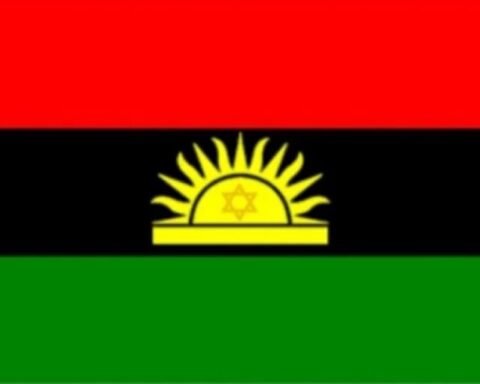The success of Tinubu’s credit guarantee programme announced in his New Year 2025 depends on how much capital is injected into it and whether the banks are willing to participate.
Will President Bola Tinubu’s announced Nigerian Credit Guarantee Scheme work for SMEs in Nigeria and with what success? This is the million dollar question since this morning when the President announced the scheme in a New Year message.
Tinubu acknowledged the challenges faced by individuals and small businesses when they need access to credit to run their businesses. His solution is a government-sponsored credit guarantee scheme to be managed by the National Credit Guarantee Company, a new MDA.
Will Tinubu’s Credit Guarantee Scheme Work? The answer can be found in the nature of a guarantee scheme and the factors that predispose it to success.
What is a CGS?
A credit guarantee scheme is a government programme designed to help small and medium-sized enterprises (SMEs) access finance. However, SMEs do not access cash directly from the scheme. They are only assisted to pay off their debt to lending institutions in the event of a default. Thus, the CGS is a scheme that helps lenders to reduce their risks in the event of a loan default.
How it works
Take a situation where an company borrows money from a bank or other lending institutions and is unable to pay back the loan. If the SME defaults on this loan, the credit guarantee is activated to pay back a portion of the loan to the lender. The goal is to reduce the lender’s credit risk and encourage them to lend more to SMEs.
Why it is important
One of the biggest problems with running small business in Nigeria and elsewhere is the difficulty in borrowing from the banks. There are many factors that account for this, including SMEs inability to put up collaterals, high cost of borrowing funds, limited credit history, and other factors. The credit guarantee scheme helps in filling the financing gap for small businesses.
What it covers
A government-sponsored credit guarantee scheme typically covers money borrowed for working capital and investment finance.
Overcoming the challenges
Credit guarantee scheme is a somewhat sophisticated financing programme that depends on a number of resources that are not yet developed in Nigeria. It requires a robust credit database, accurate models, and capital. Well, capital may appear to be the least of its hurdles if the government decides to fund it adequately.
A credit guarantee scheme has the following challenges:
Role of the banking system: The banking system is the biggest problem by far. Banks are the prime lenders and the system therefore can only work if they (the banks) are willing to participate.
Inadequate Pricing: The scheme reduces but does not absorb the entire financing risk, one of the reasons why banks are hesitant to fully participate. In the event of the default, both the government and the banks lose their shirts.
Moral hazard and adverse selection: Policymakers may need to balance the accuracy of their policy measures with the speed of reaching their target group. This can lead to spurious actors taking undue benefits.
Total cost of operation: The total cost of operating a credit guarantee scheme can be a challenge.
Credit information networks: In Nigeria, SMEs – and businesses in general – have less developed networks to obtain credit information.
Ineffective legal systems add uncertainty for creditors.
Conclusion
The proposed credit guarantee scheme could work if government addresses its fundamental challenges. Around the world, credit guarantee schemes that work were usually:
Established as an independent legal entity
Provided with adequate funding and it’s sources kept transparent
A promotion of mixed ownership where minority shareholders are treated fairly
Supervised as independent and effective organs.



























